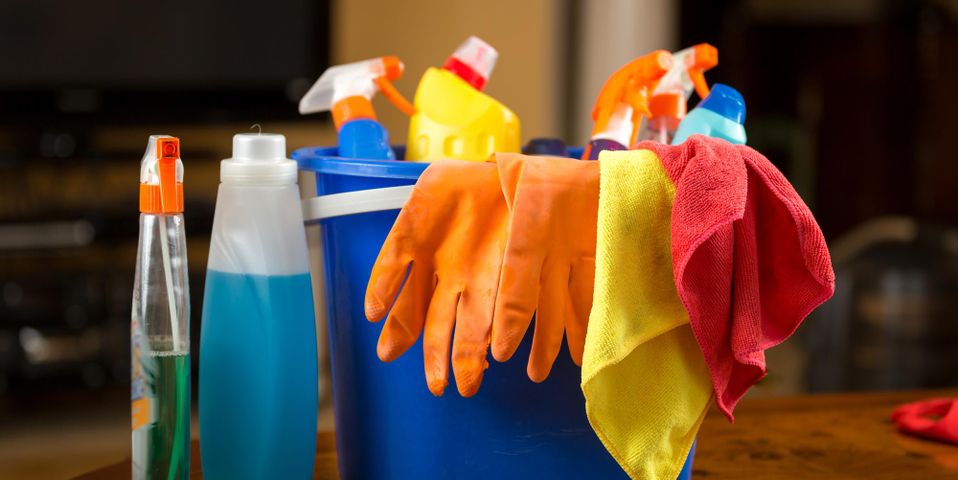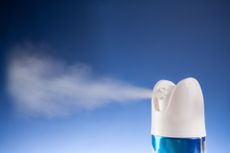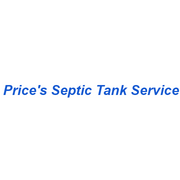Why Pouring Harsh Chemicals Down the Drain Is a Bad Idea

Not all liquids should be flushed down the drain. Harsh chemicals and cleaners can do serious damage to your plumbing and septic system as well as the environment around your property. To better understand what sending these products down the drain will do, here is a basic explanation and some tips for safer disposal.
Reasons to Avoid Sending Harsh Chemicals Into Your Plumbing System
Risks & Dangers
Pouring chemicals into your plumbing corrodes pipes and puts water sources at risk. When these substances accumulate in areas they are not meant to go, they become harmful to the environment around them. After being flushed, chemicals and cleaners enter your septic system or your town’s sewer system, depending on your setup. For septic tanks, wastewater enters the tank so that solids settle and decompose. The remaining wastewater is then filtered into the drain field where nature takes over in breaking down what is left in the soil. If there are toxic chemicals mixed in, they will also enter the soil, contaminating it as well as the ground and surface water.
If you have a septic system, these cleaners and products will kill beneficial bacteria in your septic tank necessary for breaking down material and sending it off safely. Without these bacteria, your septic system can’t empty properly, and you are left with sludge and waste that can’t break down and will now clog your equipment.
 Items like paint removers, chlorine bleach, and aerosol products have a chemical makeup that won’t break down in septic systems. In the case of chlorine, it can actually react with organic matter inside the tank to create a new toxic product.
Items like paint removers, chlorine bleach, and aerosol products have a chemical makeup that won’t break down in septic systems. In the case of chlorine, it can actually react with organic matter inside the tank to create a new toxic product.
For homes attached to a municipal sewer, wastewater is sent to treatment centers that then filter water into rivers, lakes, and streams. Just like a septic system, these centers use bacteria to break down waste. Besides killing bacteria, toxic chemicals remain intact as they pass through treatment and end up polluting nearby bodies of water.
Proper Disposal
Research your area’s hazardous waste disposal requirements and locate proper disposal sites for items like cleaners, paints, and other chemicals. Your community can provide a comprehensive list of products that shouldn’t be flushed. They can also instruct you on how to handle containers with chemicals correctly.
Some townships have a collection day for hazardous materials. Typically, local government agencies will post special drop-off days and locations so residents can gather their items and dispose of them safely. Try to keep each container’s label so handlers know what they are collecting to send through the proper channels.
Price’s Septic Tank Service in Danielsville, GA, has provided residents and businesses with affordable septic system services for more than 50 years. Family-owned and reliable, their team ensures your property receives proper septic maintenance to keep equipment clean, efficient, and safe. Whether your restaurant needs help with grease traps or you require assistance with a septic tank, give them a call at (706) 789-3263 or visit them online for more information on their services.
About the Business
Have a question? Ask the experts!
Send your question

